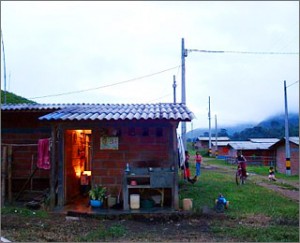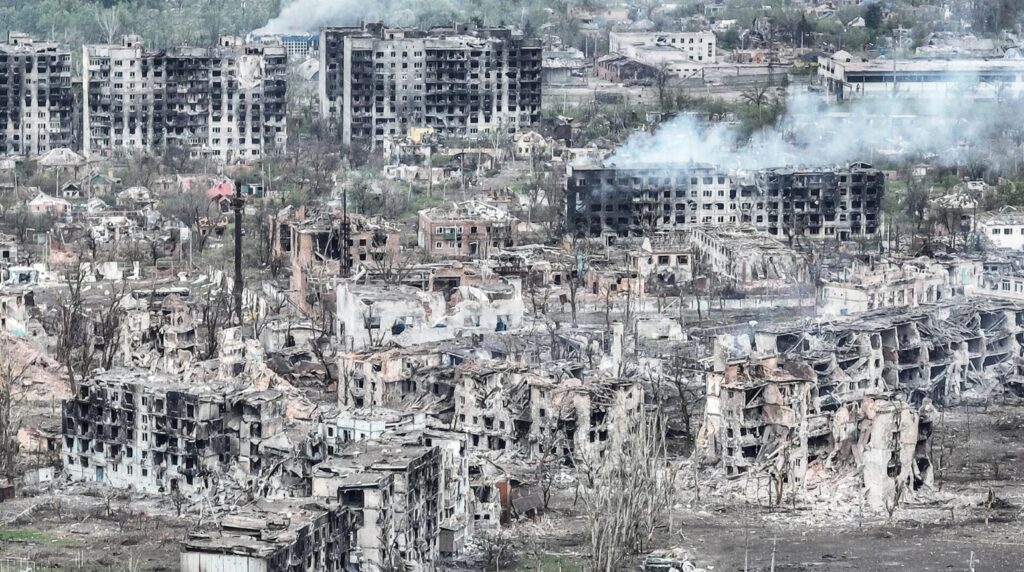New Energy Frontiers Expand Global Connections

WASHINGTON: One cannot open a newspaper without reading the word globalization, yet vast areas of the world are left out of a globalized network for a simple reason: lack of electricity. Denied power, rural communities continue to remain isolated, mired in poverty, deprived of the potential for economic development and modern social services.
The quest for electricity by rural communities comes at a time as energy prices climb, fossil fuels are in decline and emerging carbon markets promise income from climate-neutral forms of energy generation. As a result, rural locations could be the pioneers for some alternative forms of energy.
More than 40 percent of the rural population in developing nations lack access to electricity, and the problem is especially stark in Africa, with more than 90 percent of its rural population lacking access. That means laborers are limited to toiling daylight hours, students cannot read into the night and any family activities take place by fire or flashlight.
Lack of electricity also means that inhabitants of rural areas in developing countries cannot share in many benefits of globalization – including the internet and telecommunications, which increase the flow of information, allowing producers to market their wares, shoppers to compare prices or quality, and ordinary people to discover new ideas and opportunities.
Yet, in a number of countries electricity availability has enabled so-called Infoshops to establish a technology-based information resource on matters of relevance for rural dwellers, from cost and availability of farming inputs such as seeds and fertilizers to directories of local veterinarians and animal-husbandry programs. For instance, the Pallitathya, a “Rural Information” program in Bangladesh, provides communities with internet-based information on agriculture, health, education, law and human rights, appropriate technologies, disaster management and government services. “Infomediaries,” or interpreters of digital content, and mobile-phone helplines use the comparably high mobile-phone penetration in rural Bangladesh, pioneered by Grameen Phone, and make information accessible even for the illiterate.
Read the rest of this article by Adriana Valencia and Georg Caspary on YaleGlobal









